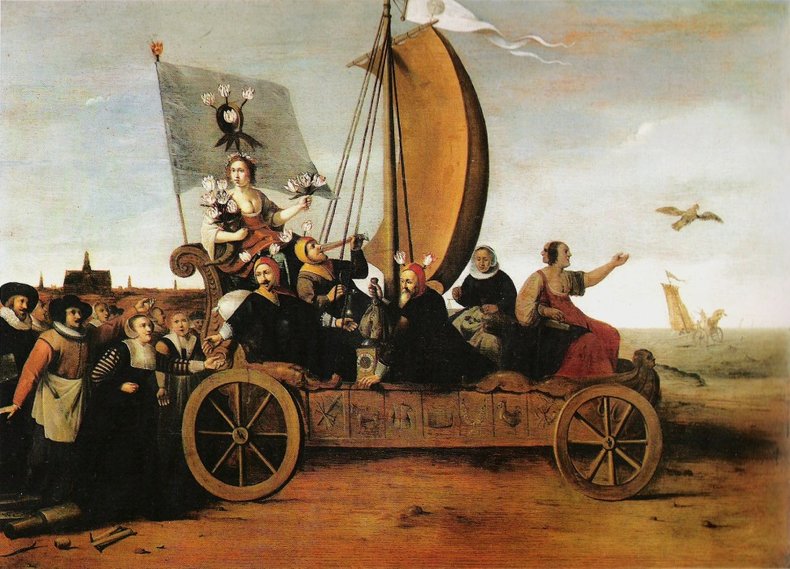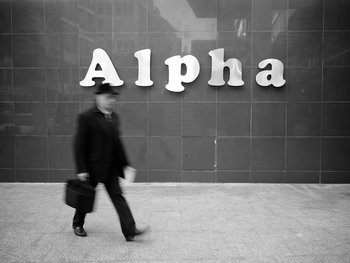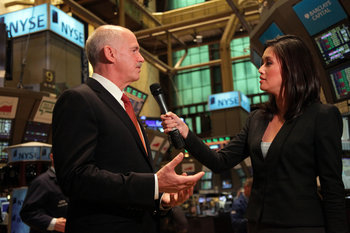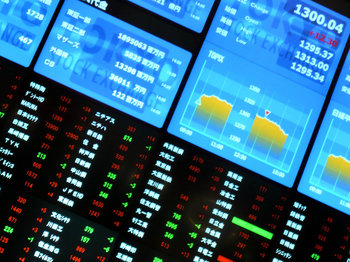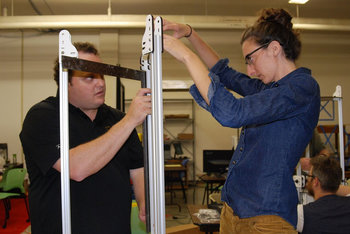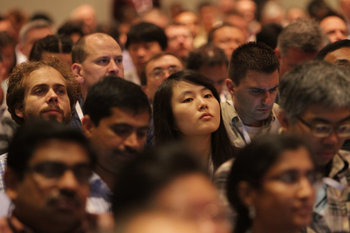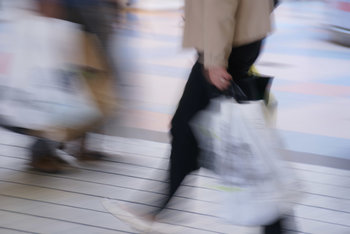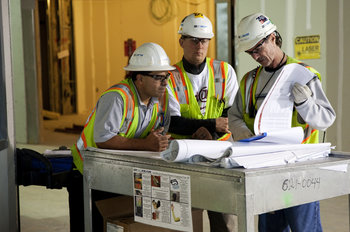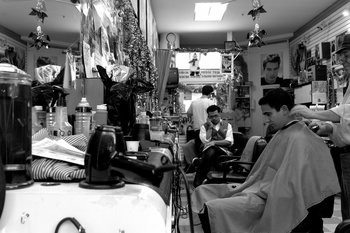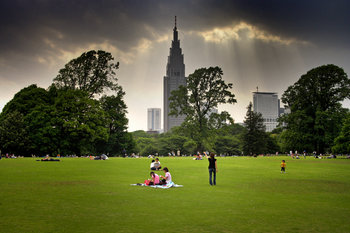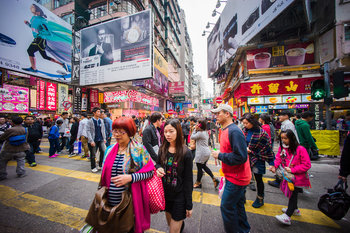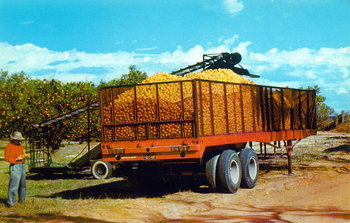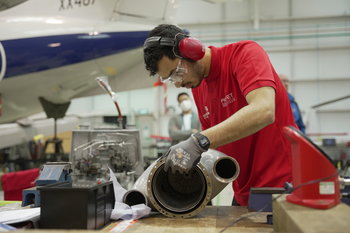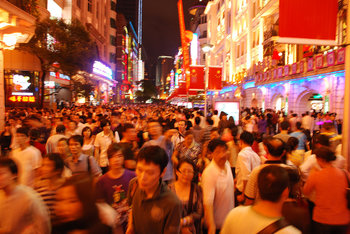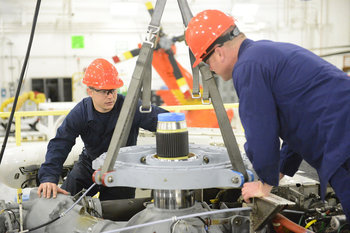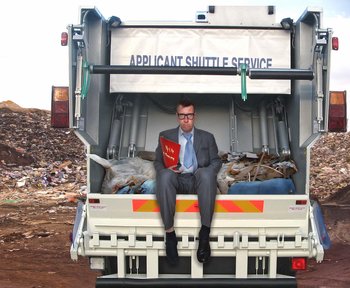Investing Related Guides
Investing
| |
Greater fool theory is a hypothesis that explains the occurrence of speculative bubbles that inflate the price of assets such as stocks, real estate and commodities far beyond their intrinsic value.The idea is that people may realize that prices no longer reflect a realistic assessment of value but don't care because prices continue to rise as newcomers enter the market attracted by recent returns.
Asset bubbles tend to attract media attention that draws new investors. Investors may be conservative at first but after experiencing positive returns they tend to get more aggressive. The result is that a market that goes up can draw a great deal more investment as word spreads. This can keep prices rising far beyond intrinsic value.In this scenario, the speculative bubble may not crash until the supply of new investment, or "fools", dries up. The investors left holding the assets when they crash typically experience large losses, particularly those who bought towards the end.
|
Type | | Definition | The theory that market participants may trade assets that they know are overvalued because prices keep going up as new money enters the market chasing recent returns. | Value | Explains apparently irrational market prices. | Related Concepts | |
Investing
This is the complete list of articles we have written about investing.
If you enjoyed this page, please consider bookmarking Simplicable.
© 2010-2023 Simplicable. All Rights Reserved. Reproduction of materials found on this site, in any form, without explicit permission is prohibited.
View credits & copyrights or citation information for this page.
|
